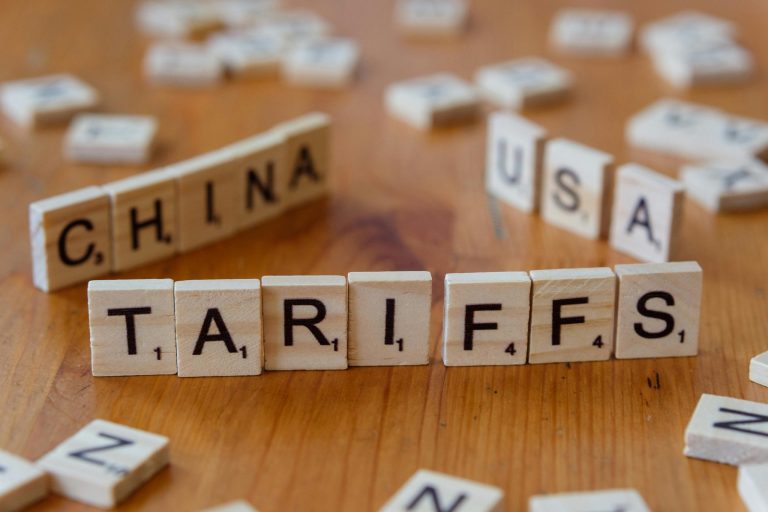

In today’s interconnected trade environment, tariffs have moved beyond mere instruments of policy negotiation to become disruptive forces capable of destabilising global business operations.
According to Moody’s, when imposed rapidly and at scale, tariffs can trigger retaliatory actions, ignite regulatory scrutiny, and inflate costs across entire supply chains. This chain reaction can severely disrupt supplier relationships and inflate the cost of goods and services—posing significant operational and financial risks for businesses that are unable to respond with agility.
For organisations that rely on international suppliers, tariffs bring more than just higher prices. They can result in shipment delays, extended lead times, reduced customer demand, and even government investigations. The global ripple effect is undeniable—when countries hit back with retaliatory measures or boycott foreign brands, it puts additional pressure on international sales and profitability.
At the supplier level, these challenges can escalate quickly. Rising costs often trickle down to buyers, and in turn, impact pricing strategies and profit margins. The latest U.S. tariffs on a wide array of imports have already raised concerns over supply chain delays and potential shortages. For suppliers operating under financial strain, the fallout can be even more severe—ranging from diminished product quality and demoralised staff to weakened compliance efforts. Under stress, compliance can often fall by the wayside, increasing the risk of penalties or reputational harm.
In response, many businesses are rethinking their sourcing strategies. While this may introduce new risks—such as elevated start-up costs, operational inefficiencies, and limited supply capacity—proactive measures are key to building resilience. These include several strategic approaches.
First, businesses must prioritise supplier monitoring. This means regularly assessing suppliers’ financial health and compliance status to identify early warning signs. Tools like financial diagnostics and risk analytics offer transparency into potential vulnerabilities. Second, adjusting contracts and pricing structures to reflect tariff impacts can help preserve profit margins and maintain client trust. Third, fostering collaboration across the supply chain—through open communication and joint planning—can strengthen partnerships and distribute risk more equitably.
Scenario planning is also crucial. By conducting stress tests and developing contingency plans, organisations can prepare for future changes in trade policies. Diversifying the supplier base—when feasible—is another option, though not always straightforward. For example, while nearshoring to Mexico once seemed attractive, ongoing threats of U.S. tariffs have made that route less reliable.
Amid this volatility, there are also opportunities. Companies can harness data-driven tools to better anticipate disruption and make informed decisions. Engaging closely with internal teams, external partners, and technology providers can foster a culture of agility and long-term growth. The ability to pivot, adapt, and build supply chain resilience has become a defining competitive advantage.
Keep up with all the latest FinTech news here
Copyright © 2025 FinTech Global
Investors
The following investor(s) were tagged in this article.


